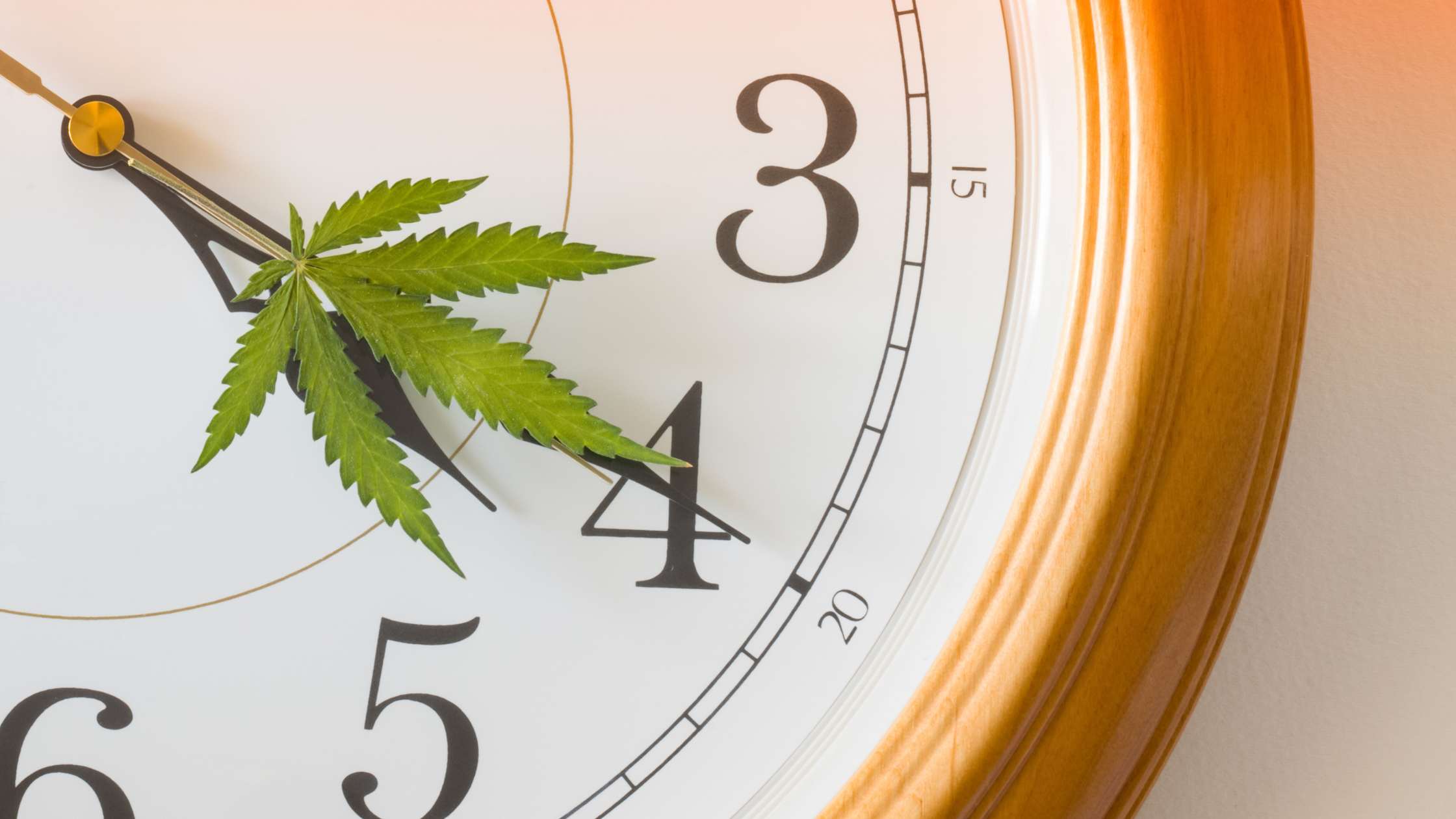The Midwest region of the United States is known for its stunning landscapes, welcoming communities, and a unique blend of urban and rural life. However, as the seasons change, so does the amount of daylight we receive. In the heart of the Midwest, like Tulsa, Oklahoma, it now gets dark as early as 5 PM, which can have a significant impact on our mood and overall well-being. Seasonal Affective Disorder (SAD), often referred to as “winter depression,” is a form of depression that tends to occur during specific seasons, most commonly in the fall and winter months. The condition is thought to be related to reduced exposure to natural sunlight and the subsequent disruption in circadian rhythms. As the use of medical cannabis becomes increasingly prevalent in Tulsa, many individuals with SAD are turning to this natural remedy to alleviate their symptoms. In this article, we’ll explore the potential benefits of cannabis for Seasonal Affective Disorder in the Midwest and how Dragon Lily Dispensary in Tulsa, Oklahoma, can assist individuals in managing their condition effectively.
SAD is a type of depression characterized by recurrent episodes of depression that occur during specific seasons, typically the colder and darker months. While the exact cause of SAD is not fully understood, it is believed to be related to the reduction in sunlight exposure, leading to disruptions in the body’s internal clock and alterations in the production of serotonin, a neurotransmitter that plays a crucial role in regulating mood.
Common symptoms of SAD include:
- Persistent low mood or sadness.
- Loss of interest in activities.
- Increased fatigue and lethargy.
- Changes in appetite and weight.
- Difficulty concentrating.
- Social withdrawal.
- Sleep disturbances, particularly oversleeping.
- Feelings of hopelessness or worthlessness.
- As SAD can significantly impact an individual’s quality of life and overall well-being, it’s essential to explore effective treatment options, including the potential use of medical cannabis.
The Role of Cannabis in SAD Management
Cannabis has gained popularity for its potential therapeutic effects in a variety of medical conditions, including depression and mood disorders. While research on the use of cannabis for SAD is still in its early stages, there is growing anecdotal evidence and a body of preclinical studies that suggest its efficacy in managing the symptoms of this disorder. Here are some ways in which cannabis may benefit individuals with Seasonal Affective Disorder:
- Mood Elevation: One of the most well-known effects of cannabis is its ability to elevate mood and induce a sense of euphoria. Certain strains, particularly those high in THC (tetrahydrocannabinol), can provide a temporary boost in mood, which can be particularly helpful for those experiencing the depressive symptoms associated with SAD.
- Stress and Anxiety Reduction: Cannabis has been reported to have anxiolytic (anxiety-reducing) properties, which can help individuals with SAD cope with the stress and anxiety often associated with the disorder. Strains with balanced ratios of THC and CBD (cannabidiol) are often recommended to reduce anxiety without inducing excessive intoxication.
- Improved Sleep: Cannabis, particularly indica-dominant strains, can help individuals with SAD who experience sleep disturbances, such as oversleeping or insomnia. These strains can promote relaxation and improve sleep quality, leading to more restful nights.
- Enhanced Appetite: Many individuals with SAD experience changes in appetite and weight, often leading to overeating or undereating. Cannabis, known for stimulating appetite (often referred to as the “munchies”), can help individuals maintain a balanced diet during the winter months.
- Regulated Circadian Rhythms: Some studies suggest that cannabis can help regulate circadian rhythms by affecting the endocannabinoid system. This may be especially beneficial for individuals with SAD, as disruptions in circadian rhythms are thought to contribute to the condition.
Finding the Right Strains
The effectiveness of cannabis in managing SAD largely depends on selecting the right strains and dosages. Individual responses to cannabis can vary, and not all strains may be suitable for everyone. At Dragon Lily Dispensary in Tulsa, Oklahoma, you can find a wide selection of cannabis strains with different cannabinoid profiles and terpene compositions. Here are some considerations for choosing the right strains:
THC and CBD Ratios: Depending on your tolerance and desired effects, you can select strains with higher THC for mood elevation or strains with balanced THC and CBD for a more balanced, anxiety-reducing experience.
Terpenes: Terpenes are aromatic compounds in cannabis that contribute to its effects and flavor. Some terpenes, like limonene and linalool, have mood-lifting and stress-reducing properties. Discuss your preferences with the knowledgeable staff at Dragon Lily Dispensary to find strains rich in the terpenes that suit your needs.
Consumption Method: Cannabis can be consumed in various forms, such as smoking, vaporizing, edibles, or tinctures. The method you choose can impact the onset and duration of effects, so consider your preferences and lifestyle.
Consulting a Healthcare Professional
Before incorporating cannabis into your SAD management plan, it is crucial to consult with a healthcare professional, especially if you are already taking medications for your condition. They can provide guidance on potential interactions and ensure that cannabis is a suitable option for your specific needs.
Additionally, the team at Dragon Lily Dispensary is well-versed in the therapeutic properties of different cannabis strains and can help you navigate the selection process. They can provide insights on strains that have been particularly effective for other individuals with SAD and help you make an informed decision.
Seasonal Affective Disorder can be a challenging condition that affects many individuals during the fall and winter months in the Midwest. While cannabis is not a replacement for professional medical treatment, it has shown promise in alleviating some of the symptoms associated with SAD. At Dragon Lily Dispensary in Tulsa, Oklahoma, individuals can explore a variety of cannabis strains and products to find a solution that best suits their needs. Remember that cannabis should be considered as part of a comprehensive treatment plan that may include therapy, lifestyle changes, and, in some cases, medication. By taking a holistic approach to managing SAD, individuals can look forward to brighter and more fulfilling winters.




